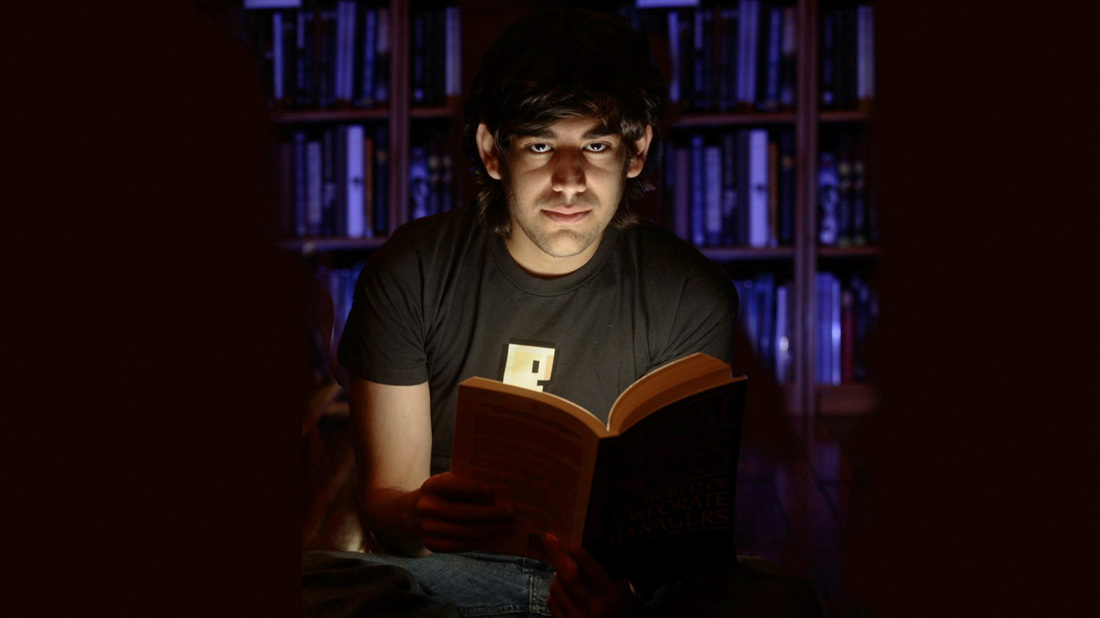Aaron was, by all standards, an incredibly gifted person from a young age. He could read brochures with complicated phrasing at age 3 (a shock to his mother) and became obsessed with programming. By age 12 he'd created a site sourcing information from users in a way quite similar to today's Wikipedia, though he developed it five years before Wikipedia came into existence. He impressed everyone he met with a confidence in his skills as well as an advanced understanding of what innovation in technology would and should look like.
Aaron's highs were quite high, and his lows followed suit. The seemingly endless prosecution and the potential impacts weighed on him. He faced over 35 years in jail and a fine in excess of $1 million, and while many believe he would not have been found guilty, many were also shocked at his prosecution in the first place. He faced 13 felony counts and knew being a convicted felon would kill any of his political aspirations. He believed in making the world a better place and didn't want to give up easily and accept a guilty plea bargain, because he genuinely didn't believe he deserved that. His friends knew how much the case hurt him, but at the time of his suicide had no idea the extent to which he grieved.
Though RSS Feed and Reddit were likely his most memorable pursuits, the film conveyed he was probably most validated by the SOPA and PIPA fight. No one thought they could stop these bills from passing in congress because they were backed by an enormous amount of corporate interest and money, but Aaron and a group of others brought the issue to the forefront and the bills were ultimately defeated. Friends noted this might have been Aaron's dream -- to finally see he could made a large political impact utilizing the medium he so loved: the Internet.
While switching between interviews, photos, and press clips became jarring at times, the film felt surprisingly cohesive. Dishearteningly, the film showed that almost any person or organization involved in prosecuting Aaron, or not fighting hard enough against his prosecution, refused to be interviewed for the film. Thus, the story felt quite one-sided at times, though the film wasn't exclusively about his prosecution. Ultimately it questions what it means when the government harshly pursues prosecuting people for vague crimes like Aaron's, but doesn't prosecute heavily bank-rolled individuals or institutions for their roles in larger issues, like the 2008 crisis. More importantly, it asks what we as individuals and as a society are going to do about it.
Aaron is a role model for anyone fighting for a free, open, and accessible internet. Friends say he asked himself everyday if he was doing the best possible thing he could be doing to change the world, and he truly believed he could improve it. My knowledge of Aaron was so cursory in part because he fought so hard to ensure I could pursue whatever knowledge I pleased on the Internet. I implore you to forgo the Internet for an evening at the movie theatre. Getting to know Aaron and learning about a medium so ingrained into our daily lives is well worth the time.
Grade: A

 RSS Feed
RSS Feed
